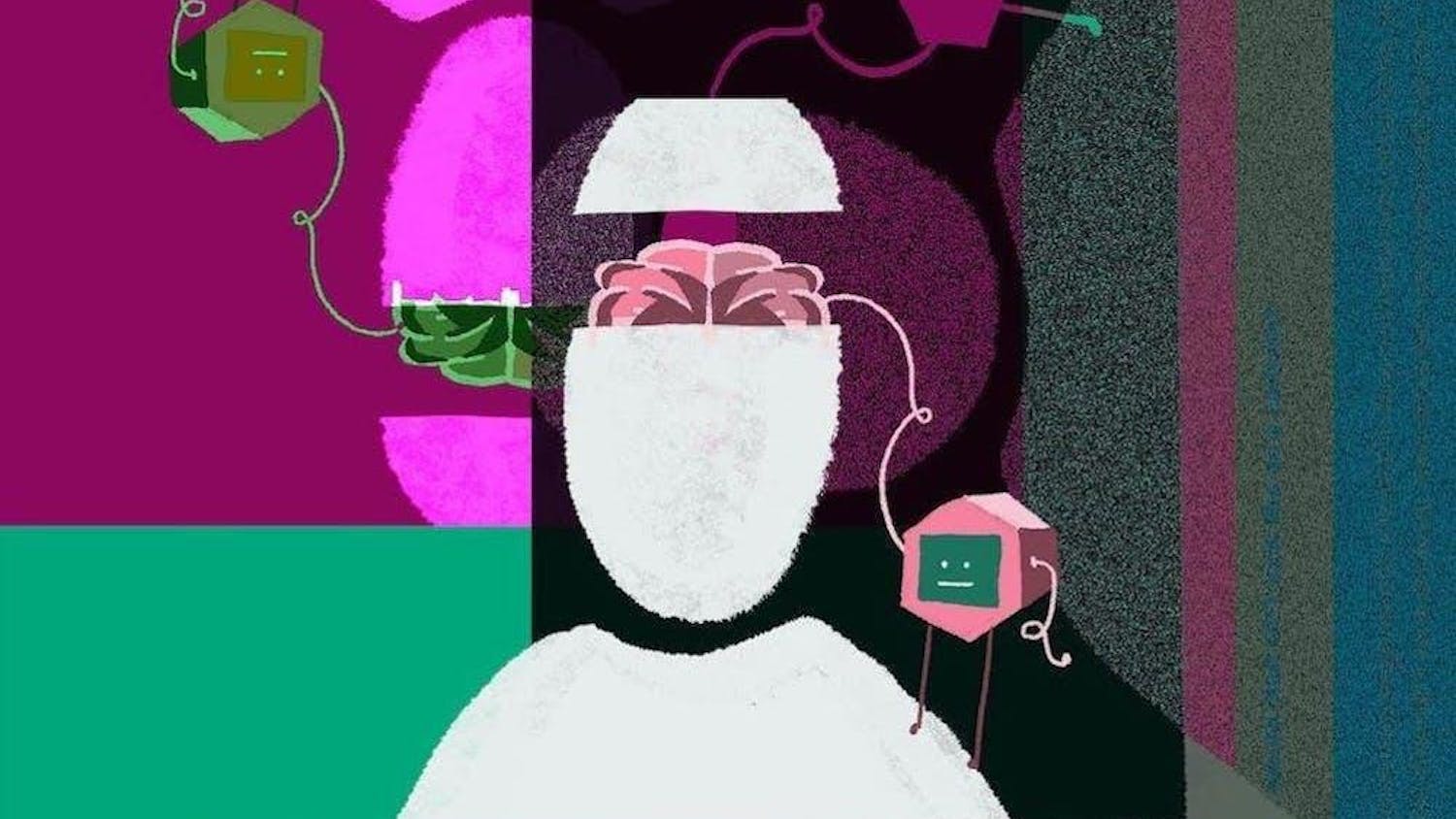A computer game developed to help children learn to control their peanut allergies is being tested in a pilot trial led by Elizabeth McQuaid, research associate professor of psychiatry and human behavior at the Alpert Medical School and a staff psychologist at Hasbro Children’s Hospital.
The project is a collaboration between McQuaid’s research group at Hasbro Children’s Hospital and Virtually Better Inc., a company that creates health care software.
The game guides children through three scenarios that children with allergies often experience in school cafeterias, McQuaid said.
One of the scenarios involves the child being bullied because of a food allergy, a situation that has been reported by students, she said.
After completing the scenarios, children gain access to other games such as reading food labels to see if they contain peanuts and playing a matching game with pictures of children experiencing a specific symptom of an allergic reaction, she said.
Children also earn points in the game, which can be used to buy items for a virtual aquarium, McQuaid said.
As part of the pilot trial, McQuaid and her team will visit 32 families with children ages 8 to 12 in order to solicit feedback on the computer game, McQuaid said.
The number of children with allergies has increased over the past decade, with 6 to 8 percent of the population now affected, McQuaid said. She added that the game focuses on peanut allergies specifically because they are common and because children are unlikely to outgrow them.
While resources are available for parents of children with allergies, there fewer resources are specifically for children, and those resources tend to be passive materials like pamphlets, said Josh Spitalnick, vice president of research and director of clinical services at Virtually Better.
“Software is known to have success in achieving behavior modification in general, and the area of food allergy should be no different,” wrote Russell Settipane ’80, an allergist and clinical associate professor of medicine at Alpert Medical School not involved in the game’s creation, in an email to The Herald.
The interactive computer game is “not just providing education, which it does — it’s providing the chance to practice real life skills in a safe way on your computer,” Spitalnick said.
McQuaid said with about half of the trial complete, reaction from parents and children has been positive.
“Parents feel that it fits a need,” McQuaid said. “We hope it sparks a conversation between parents and children.”
McQuaid emphasized that the software should not be seen as an alternative to seeking medical treatment, but rather should be used to supplement food allergy management.
“As much as I can accomplish in advising a child to avoid certain foods, there is always room for improvement,” Settipane wrote.
Spitalnick said the researchers’ next steps include expanding the scenarios in the game to encompass situations such as birthday parties, sleepovers and restaurant dining and to develop games for other allergens. Researchers will then test the effectiveness of the software in a randomized clinical trial — the same type of study used to test medications, Spitalnick said.
If the clinical trial goes well, Virtually Better may sell the computer game directly to families and school districts.

ADVERTISEMENT




